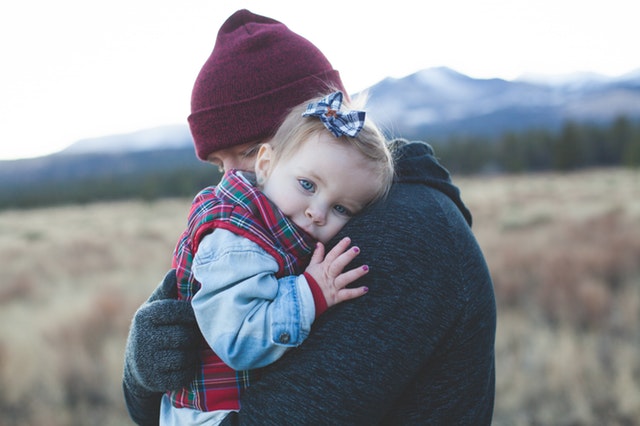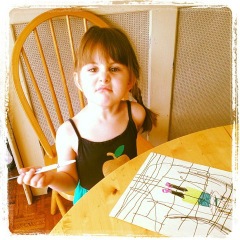 Are you trying to do the right thing by validating your child’s feelings only to hear even angrier tirades? Your best intentions backfire and you don’t know why. Let’s break this down to figure out why your child is reacting negatively when you are trying to empathize.
Are you trying to do the right thing by validating your child’s feelings only to hear even angrier tirades? Your best intentions backfire and you don’t know why. Let’s break this down to figure out why your child is reacting negatively when you are trying to empathize.
“I am understanding of how my child is feeling, but it seems to just make her madder,” is something I hear from many parents. Progressive parenting has put a lot of emphasis on validating feelings and being empathetic—rightly so. Your kids want nothing more than to know you understand them. But in our impatience to get on with what we want them to do, to correct them, we may end up invalidating their feelings without realizing it.
- “I understand you’re upset. You can be angry, but you have to get in the shower.”
- “I get that you’re mad at your sister, but you can’t hit her.”
- “You’re upset you got a bad grade. Buck up. You’ll do better next time.”
- “A friend should never make fun of you. You need to tell her











